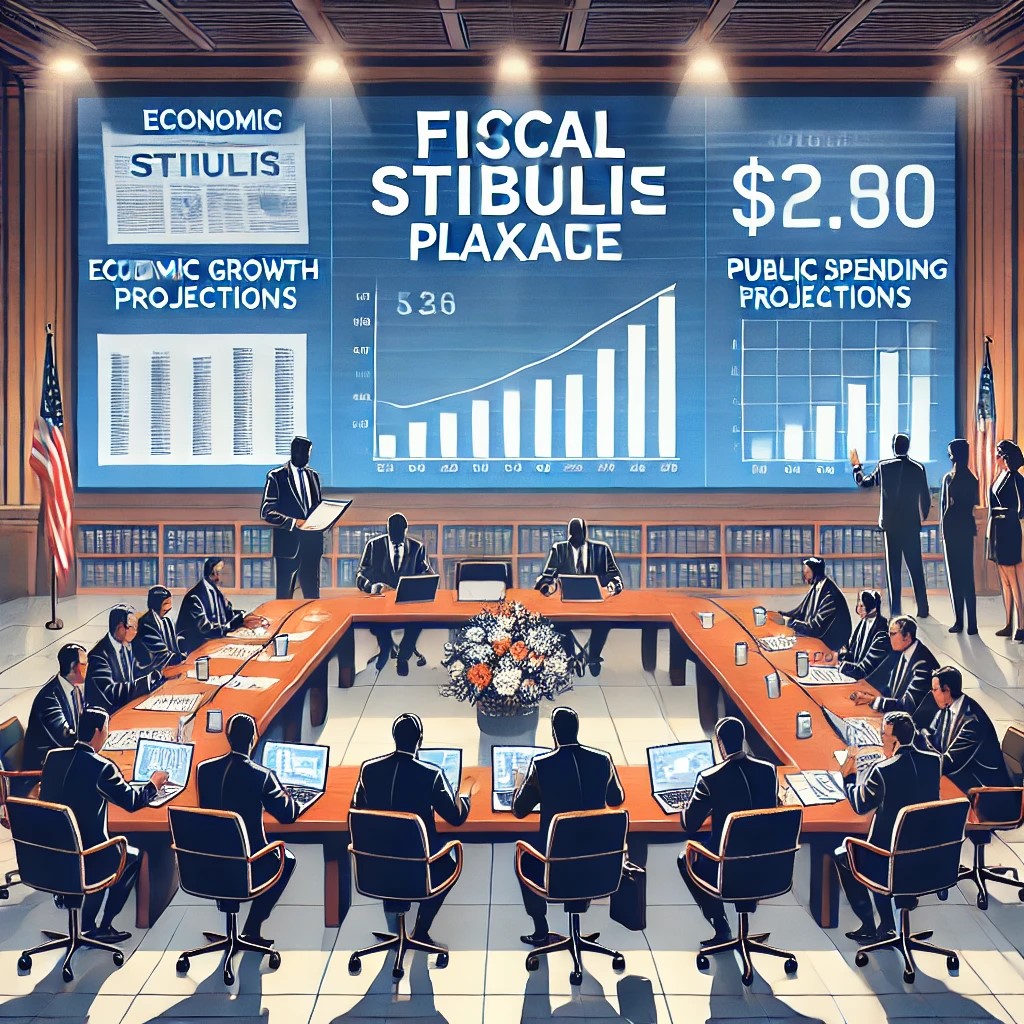Economic policies play a pivotal role in shaping the financial markets. These policies, implemented by governments and central banks, can influence everything from interest rates to inflation, impacting how financial markets perform. This article explores the current trends in economic policies and their effects on financial markets, along with future predictions.

Current Trends in Economic Policies
1. Monetary Policy Adjustments:
Monetary policy, primarily managed by central banks, involves adjusting interest rates and controlling the money supply. Recently, central banks worldwide have implemented various measures to combat economic downturns caused by events like the COVID-19 pandemic. For instance, low interest rates and quantitative easing programs have been employed to stimulate economic activity. These measures have significant implications for financial markets, often leading to increased liquidity and higher asset prices.
2. Fiscal Stimulus Packages:
Governments have increasingly relied on fiscal stimulus packages to support economies during crises. These packages, which include direct payments to individuals, tax cuts, and increased public spending, aim to boost demand and economic growth. The injection of funds into the economy can drive market rallies as investors anticipate higher corporate earnings and economic expansion.

3. Regulatory Changes:
Economic policies often encompass regulatory changes that affect financial markets. For example, increased regulation in the financial sector can lead to more stability but may also restrict market activities. Conversely, deregulation can spur market growth but might increase systemic risks. Recent trends show a balance between these approaches, with policymakers seeking to ensure market stability while encouraging growth.
Impact on Financial Markets
1. Interest Rates and Asset Prices:
Changes in interest rates directly affect asset prices. Low interest rates generally lead to higher stock and bond prices as borrowing costs decrease and investors seek higher returns in equity markets. Conversely, rising interest rates can lead to lower asset prices as borrowing costs increase and fixed-income investments become more attractive.
2. Inflation and Market Performance:
Inflation is a critical factor influenced by economic policies. Moderate inflation can be beneficial for markets, signaling economic growth. However, high inflation can erode purchasing power and lead to market instability. Central banks aim to control inflation through monetary policy, with their success directly impacting market performance.

Future Predictions
1. Continued Central Bank Intervention:
Central banks are likely to continue playing an active role in managing economic stability. Future monetary policies may involve more innovative tools to address economic challenges, including digital currencies and enhanced quantitative easing measures. These interventions will keep markets responsive to central bank actions.
Conclusion
Economic policies significantly impact financial markets, influencing interest rates, inflation, market sentiment, and asset prices. Current trends such as monetary policy adjustments, fiscal stimulus packages, regulatory changes, and trade policies shape market dynamics. Looking ahead, continued central bank intervention, emphasis on sustainable growth, digital transformation, and geopolitical influences will define the future of economic policies and their impact on financial markets. By understanding these trends and predictions, investors can better navigate the complexities of the financial landscape and make informed decisions.

Best Investment Apps

Shared Ownership Homes: Boon or Bane?

Best Side Hustles to Increase Your Money in 2024

How to Start Investing in Index Funds

Finance for Freelancers

The True Cost of Homeownership: A Guide for Prospective Buyers

The Great Currency Shift: Are You Ready?
